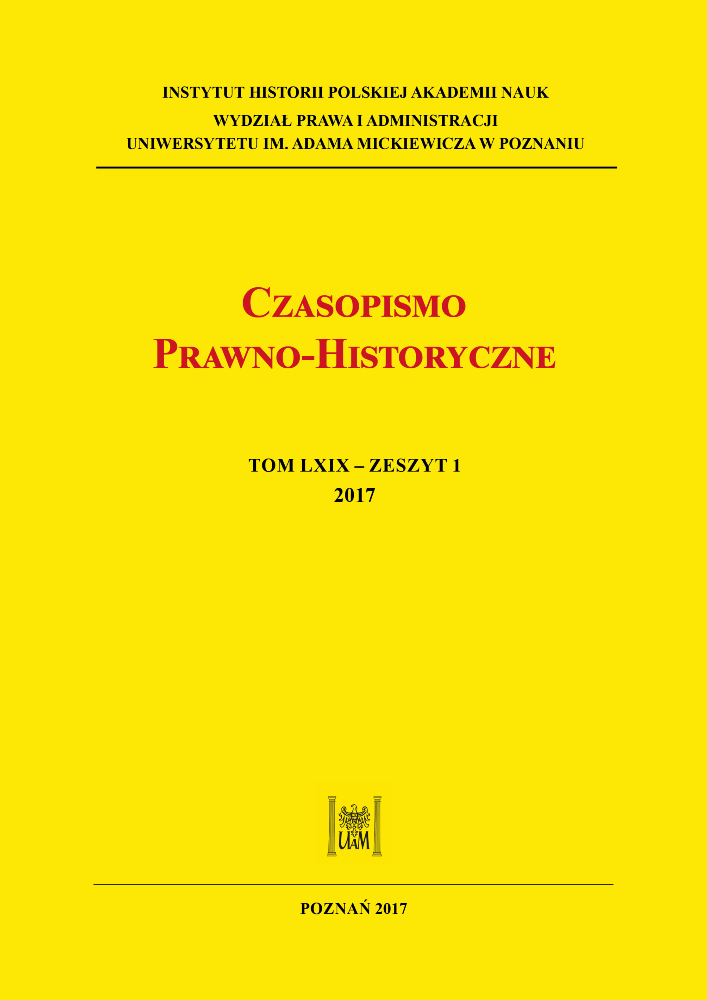Abstrakt
The following article considers the problems connected with the relationship between the principles of the direct democracy and the gouvernement d’assemblée. The values contemporarily ascribed to these principles are often counted among different, sometimes even opposing, traditions of republican constitutionalism. However, the proposed analysis of Rousseau’s thought suggests that the general intellectual tendencies that are attributedto both systems might originally have had a lot in common. Furthermore, they embody the two different republican ways of implementing the very ideas of popular sovereignty and the accountability of the public authorities to the citizens. The undertaken juxtaposition of the contents of the Social Contract and of the Considerations on the Government of Poland may even point to an evolution of Rousseau’s stance. It can be discerned especially
in the approval in the second work, which pertained to one of the largest European states of that time, as it conveys the need to shift the responsibility for law-making to the assembly of deputies (the Sejm). The proposition of transferring this responsibility to a quasi-representative body corresponds perfectly with the warnings against the abuses of an unchecked executive, which are equally stringent in the Social Contract. This actually
denoted that Rousseau was ready to accept some sort of gouvernement d’assemblée in large states. In the end however, it did not mark a departure from the ideals of the direct government, especially after taking into consideration Rousseau’s extraordinary appreciation of the institutions of deputy directives and – treated already as an emergency measure – confederation.
Finansowanie
Artykuł powstał dzięki badaniom sfinansowanym ze środków statutowych Wydziału Pedagogicznego Akademii Ignatianum w Krakowie.
Licencja

Utwór dostępny jest na licencji Creative Commons Uznanie autorstwa – Użycie niekomercyjne – Bez utworów zależnych 4.0 Międzynarodowe.




